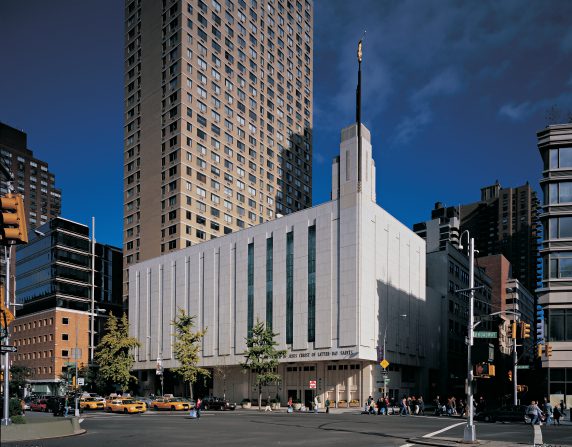
***
Intercontinental flights aren’t the ideal platform for blogging, so I’m afraid that I’m a bit late with these notifications. Still, I hope that you’ll enjoy them. They certainly haven’t gone out of date since yesterday:
“Rich Vein or Fools Gold?” by Morgan Deane
Review of Patrick Q. Mason and J. David Pulsipher, Proclaim Peace: The Restoration’s Answer to an Age of Conflict (Provo, UT: Neal A. Maxwell Institute for Religious Scholarship; Salt Lake City: Deseret Book, 2021). 290 pages $19.99 (softcover).
Abstract: Proclaim Peace is the first full-length volume discussing nonviolent theology in Latter-day Saint thought. It seeks to provide a new understanding of Restoration texts that aligns Mormon thought with modern pacifist traditions. Unfortunately, the book suffers from methodology issues that include an overly creative reading of some scriptures to support pacifist theories and the minimization of others’ theories. The book fails to interact with just-war ethics in meaningful ways that could enhance their ethic of peace. As a result, the book is longer than other pacifist texts but suffers from the same problems as previous entries in talking past those with differing opinion. The text will likely only appeal to a small audience of like-minded individuals who already share the same theories.
“An Elegant Book on Gifts, Gifting, and Remembering,” by Louis C. Midgley
Review of David F. Holland, Moroni: A Brief Theological Introduction (Provo, UT: The Neal A. Maxwell Institute for Religious Scholarship, 2021). 147 pages. $9.95 (paperback).
Abstract: David Holland, the youngest son of Elder Jeffrey R. Holland, is the John Bartlett Professor of New England Church History at Harvard Divinity School. Consistent with his training and focus, Holland has approached Moroni as an historian. Hence, despite the subtitle to this series about books in the Book of Mormon, Holland has done neither systematic nor dogmatic theology in his contribution.
I think it important to note that, like Islam and Judaism — and significantly unlike Hellenized mainstream Christianity — the Latter-day Saint intellectual tradition has been far more intently focused upon historiography than upon what Professor Midgley calls “systematic theology” or “dogmatic theology,” or what I myself might be inclined to term “philosophical theology.” Thus, critics who fault adherents of the Restoration for having failed to develop a “deep” theology, as those critics themselves rather arbitrarily define “depth,” seem to me to be at serious risk of misunderstanding what academically or intellectually inclined Latter-day Saints see themselves as doing, of missing the task that such thinkers have typically set for themselves. It’s rather like complaining that the Los Angeles Dodgers don’t score enough touchdowns or faulting Bernini for devoting insufficient time to composing cantatas. Not, sadly, that I expect such critics to care about getting it right.
Posted from New York City, New York












